Managing blood sugar with diabetes doesn’t mean saying goodbye to all carbs. Some carbohydrates actually work with your body instead of against it. The trick is knowing which ones help keep your glucose steady and which ones send it soaring.
Let’s explore the carbs you can enjoy and those you should approach with caution.
1. Berries: Nature’s Sweet Treat
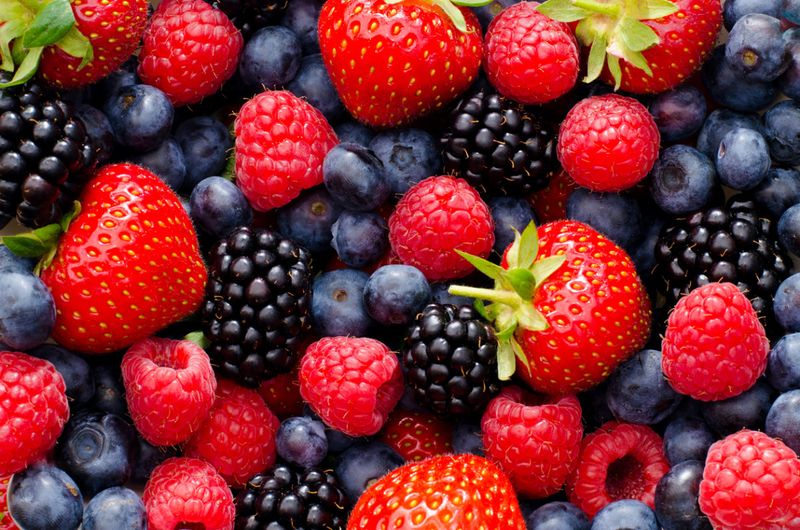
Blueberries, strawberries, and raspberries pack serious nutrition with minimal blood sugar impact. Their natural fiber slows sugar absorption.
A cup of mixed berries contains just 15-20 grams of carbs. Plus, their antioxidants fight inflammation that can worsen diabetes complications.
2. Sweet Potatoes: Better Than Regular Spuds
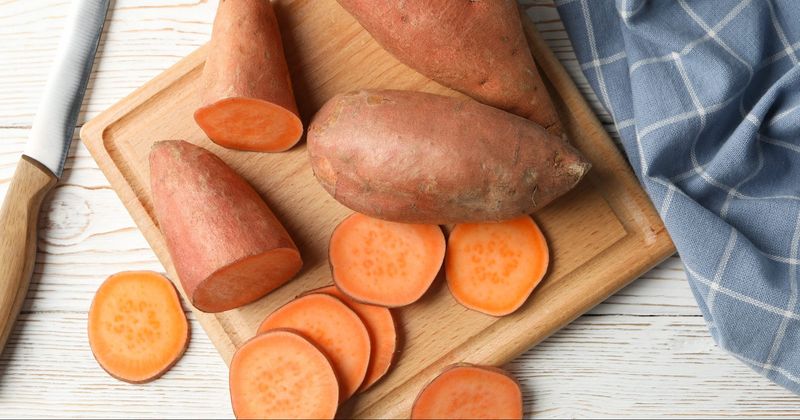
Despite their sweet taste, these orange beauties have a lower glycemic index than white potatoes. Their fiber helps prevent blood sugar spikes.
One medium sweet potato provides steady energy, vitamin A, and potassium. Bake them instead of frying to keep their diabetic-friendly status intact.
3. Rolled Oats: Morning Magic
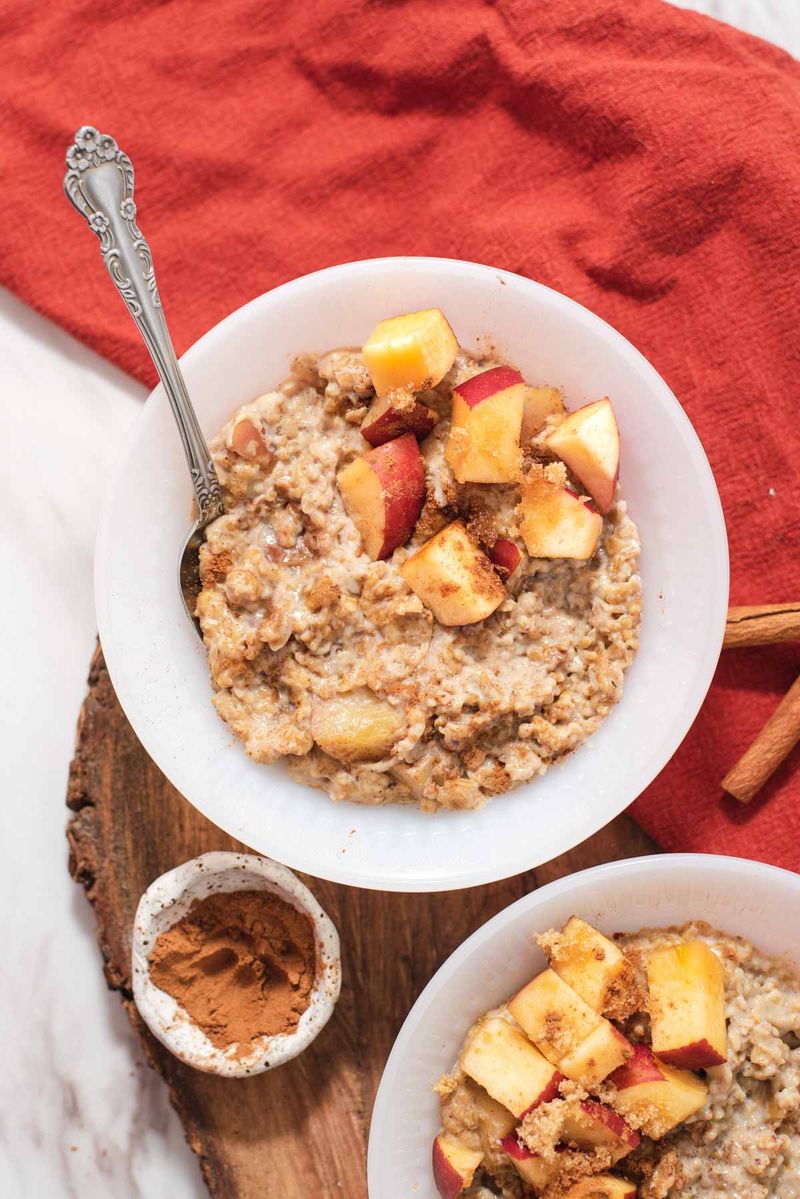
Steel-cut and rolled oats release glucose slowly into your bloodstream. Their beta-glucan fiber actually improves insulin sensitivity over time.
Skip instant varieties with added sugars. A half-cup serving with cinnamon (a natural blood sugar regulator) makes for a perfect diabetic breakfast that keeps you full for hours.
4. Beans: Fiber-Packed Powerhouses
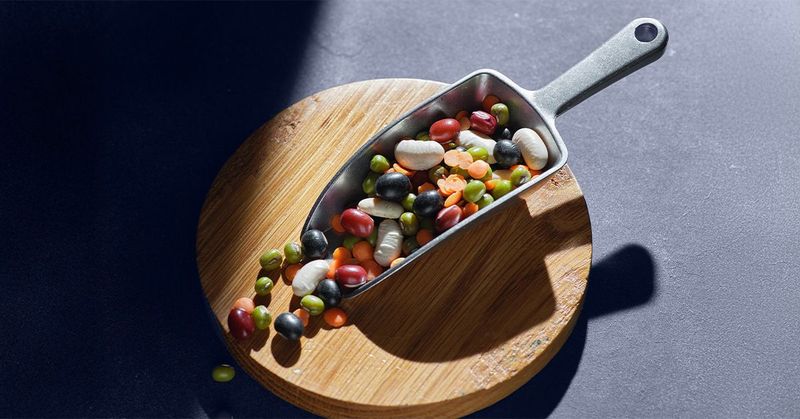
Black, kidney, and pinto beans contain resistant starch that doesn’t fully break down into sugar. Their protein-fiber combo prevents glucose spikes.
Studies show regular bean eaters maintain better blood sugar control. Rinse canned varieties to remove excess sodium, or cook dried beans for maximum nutritional benefit.
5. Barley: Ancient Grain, Modern Benefits
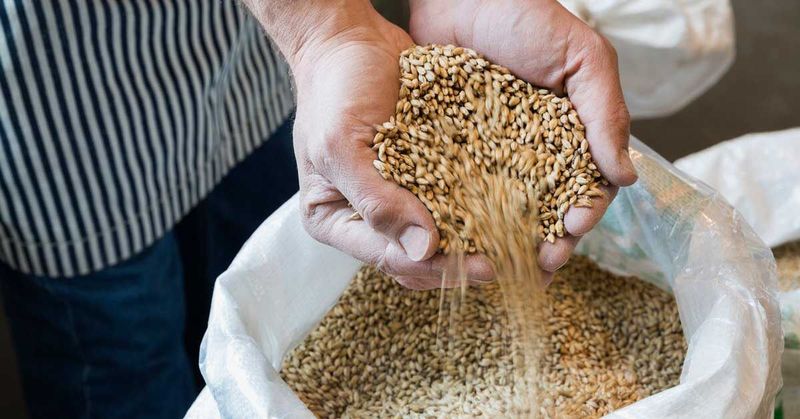
Barley contains beta-glucan, a soluble fiber that forms a gel-like substance slowing digestion and sugar absorption. Research shows it can lower blood sugar for hours after eating.
Pearl barley works in soups, while hulled barley makes a great rice substitute. Both varieties maintain their low glycemic advantage even after cooking.
6. Greek Yogurt: Protein-Rich Carb
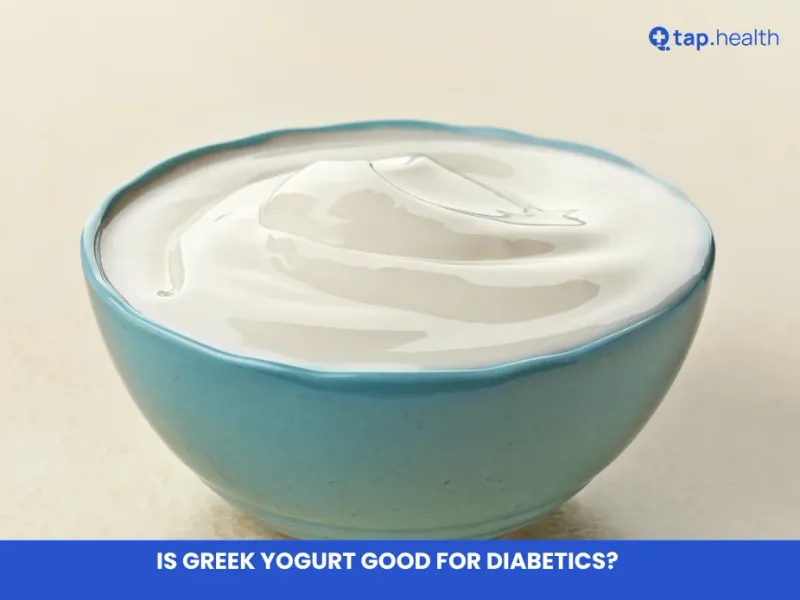
Plain Greek yogurt contains carbs from natural milk sugars, but its high protein content prevents blood sugar spikes. The probiotics may also improve glucose metabolism.
Choose unsweetened varieties with live cultures. Add cinnamon or berries for flavor without the sugar rush that comes from pre-flavored options.
7. Quinoa: Complete Protein Grain
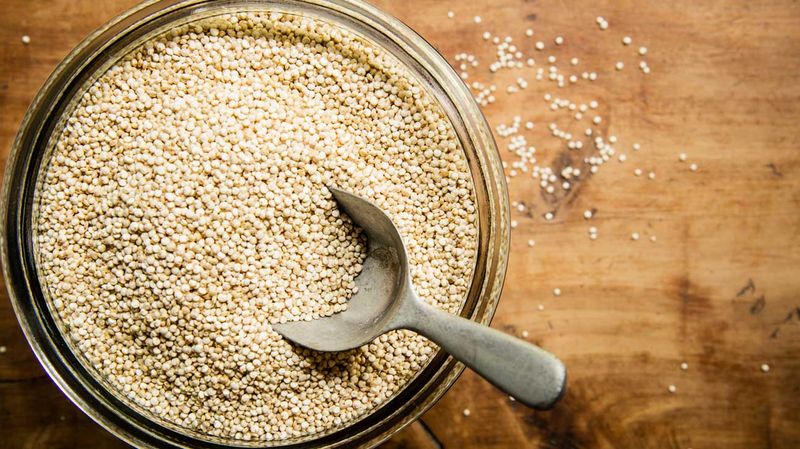
Unlike most grains, quinoa contains all nine essential amino acids along with its carbs. This protein-fiber combination stabilizes blood sugar responses.
Quinoa’s low glycemic index means slower digestion and steadier glucose levels. Rinse before cooking to remove its natural bitter coating for the best flavor experience.
8. Apples: Crunch With Benefits
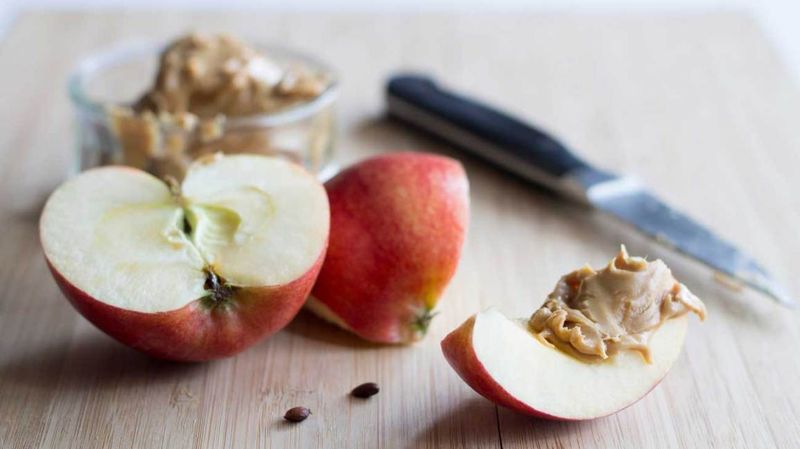
Apples contain pectin, a soluble fiber that slows digestion and reduces blood sugar spikes. Their skin holds most of the fiber and antioxidants.
A medium apple with skin has just 25 carbs. Pair with a tablespoon of almond butter for even steadier blood sugar, as the healthy fats further slow carbohydrate absorption.
9. Chickpeas: Versatile Blood Sugar Allies
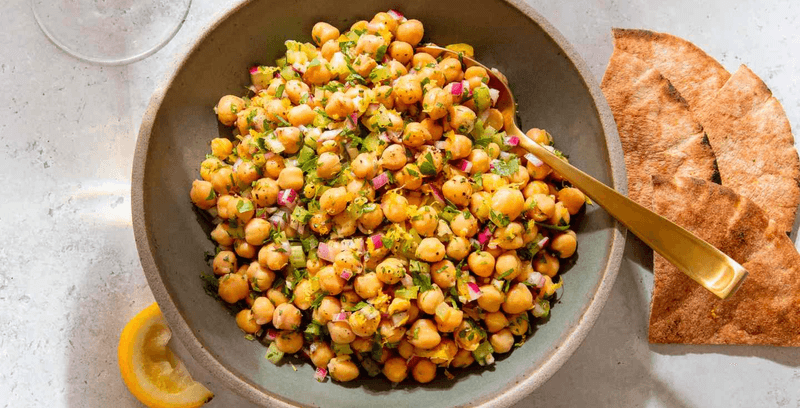
Chickpeas’ unique starch structure resists quick digestion, preventing glucose spikes. Their protein content further stabilizes blood sugar response.
Roast them for a crunchy snack or blend into hummus. Research shows legume eaters have better long-term blood sugar control compared to those who avoid these beneficial carbs.
10. Wild Rice: Not Actually Rice
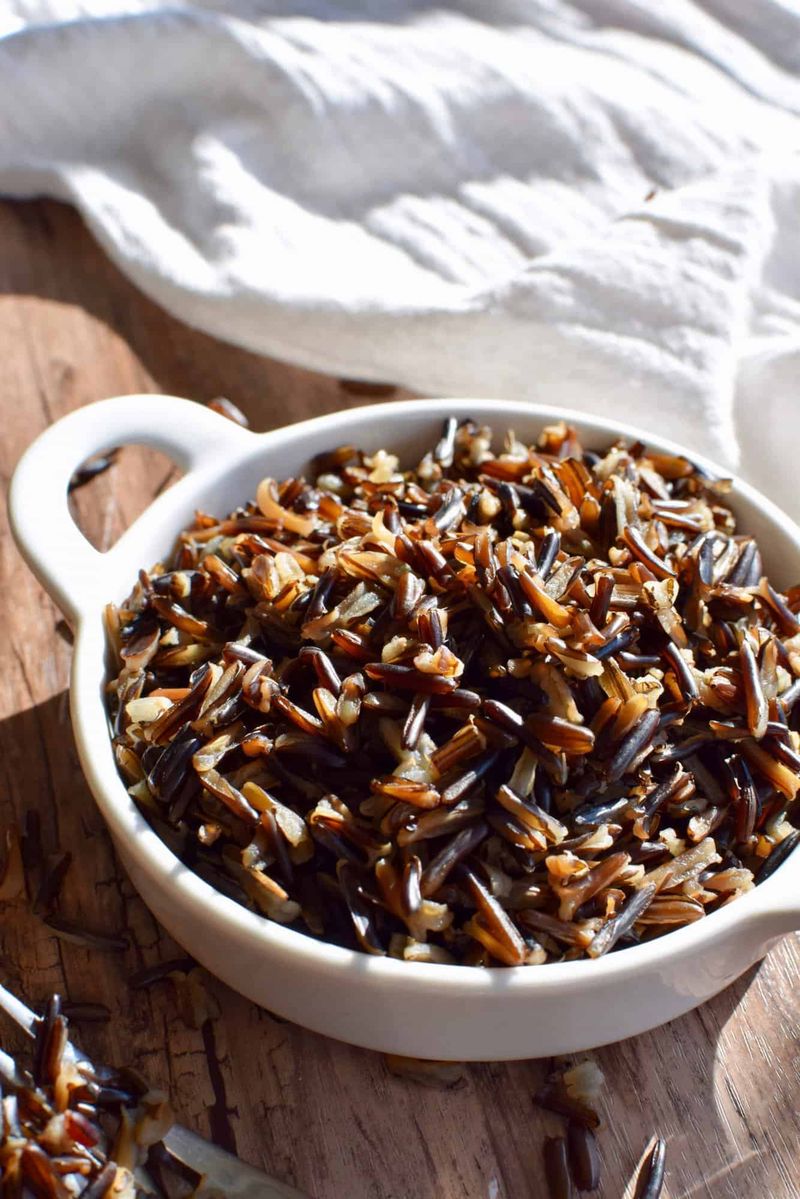
Technically a grass seed, wild rice has fewer carbs and more protein than white or brown rice. Its high fiber content slows digestion dramatically.
The nutty flavor makes it satisfying without sauces. One-third cup cooked provides steady energy without the blood sugar roller coaster that comes from processed rice varieties.
11. White Bread: Blood Sugar’s Nemesis
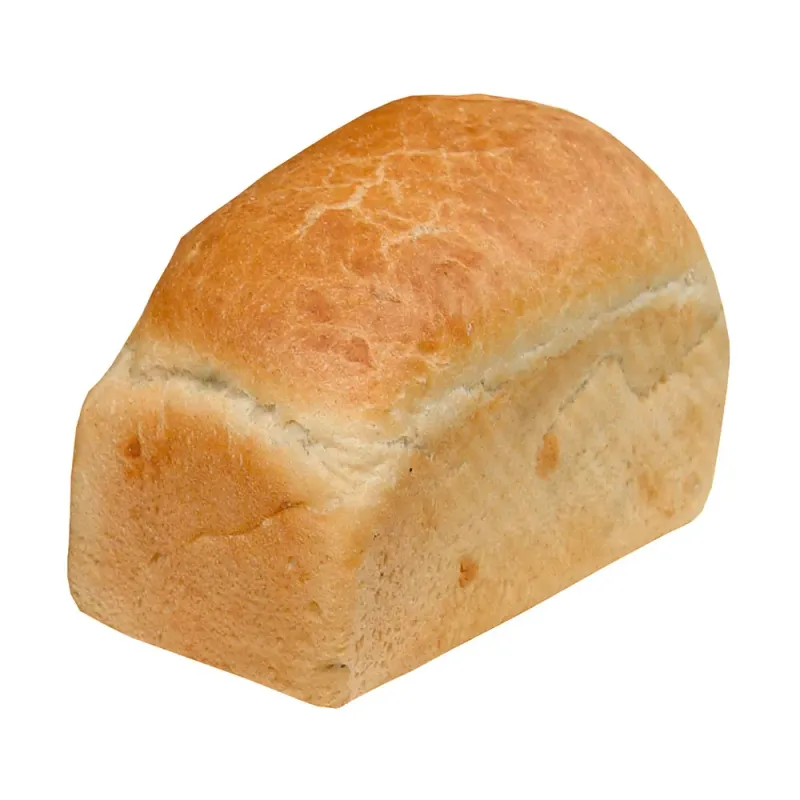
Refined white flour lacks the fiber that slows digestion. Your body converts it to blood sugar almost immediately after eating.
Even “enriched” varieties spike glucose levels rapidly. If you must have bread, choose truly whole grain options with visible seeds and grains, not just brown-colored white bread.
12. Sugary Cereals: Breakfast Blood Sugar Bomb
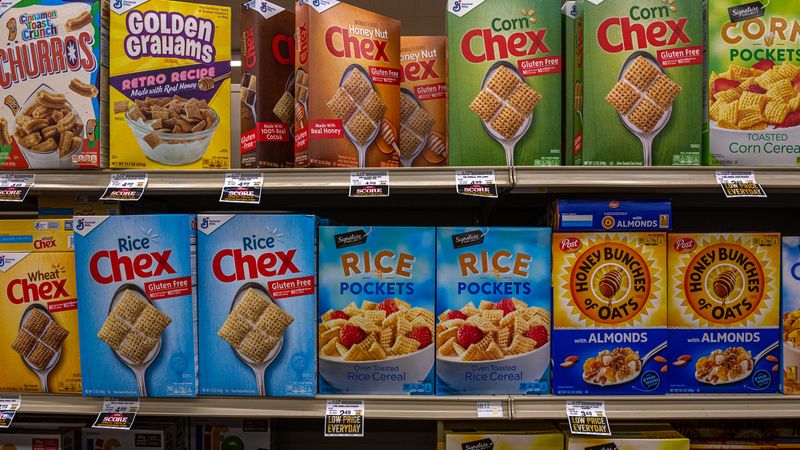
Many breakfast cereals contain more sugar than cookies! Their refined grains offer little resistance to digestion.
Even varieties claiming to be “whole grain” often have added sugars. Check labels for at least 3g fiber and less than 6g sugar per serving for better breakfast options.
13. White Rice: Refined Carb Trap
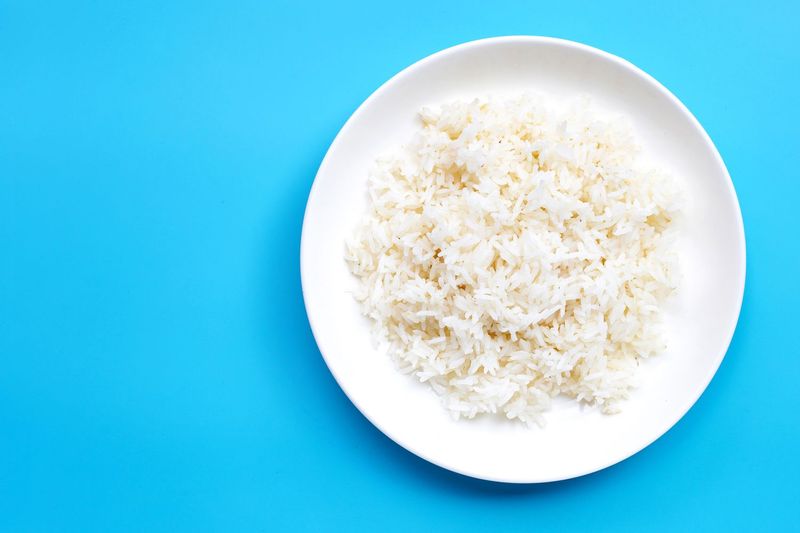
The milling process strips away fiber and nutrients from white rice. Without fiber, it digests quickly, causing rapid blood sugar elevation.
One cup contains nearly 45g of easy-to-digest carbs. Brown rice isn’t much better glycemically – try cauliflower rice or wild rice instead for steady glucose levels.
14. Fruit Juice: Liquid Sugar Rush
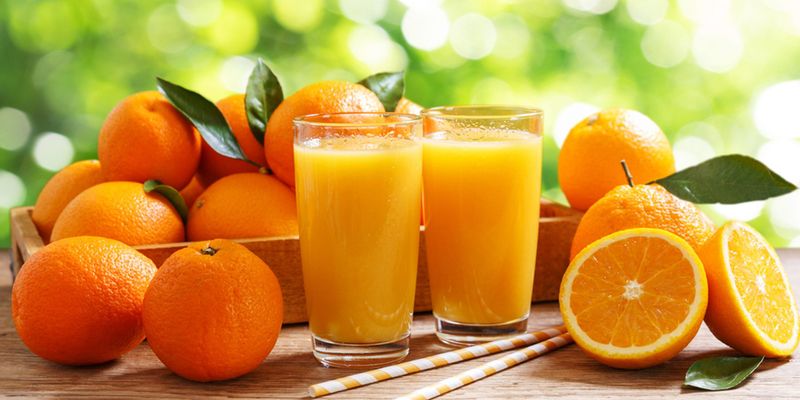
Juicing removes fiber while concentrating fruit sugars. Even 100% natural juice causes blood sugar spikes similar to soda.
One cup of apple juice contains the sugar of three apples without the beneficial fiber. Eat whole fruit instead, or dilute juice with water if you must have it.
15. Instant Potatoes: Processed Problem
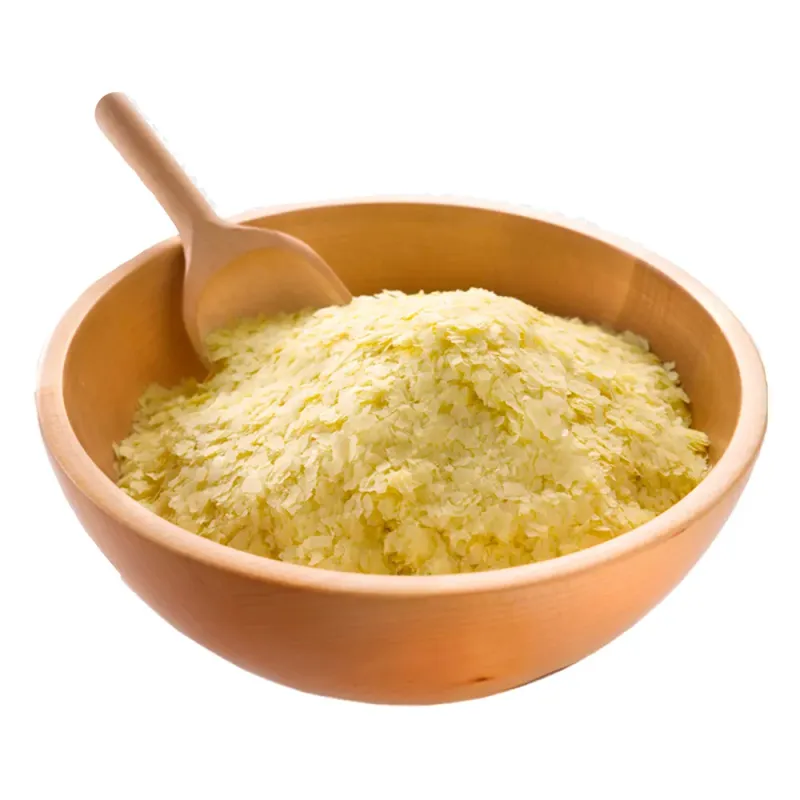
Instant mashed potatoes undergo extensive processing that dramatically increases their glycemic index. They convert to blood sugar faster than table sugar!
The dehydration process makes their starches more accessible to digestive enzymes. Choose fresh, skin-on potatoes prepared with healthy fats to slow digestion instead.

